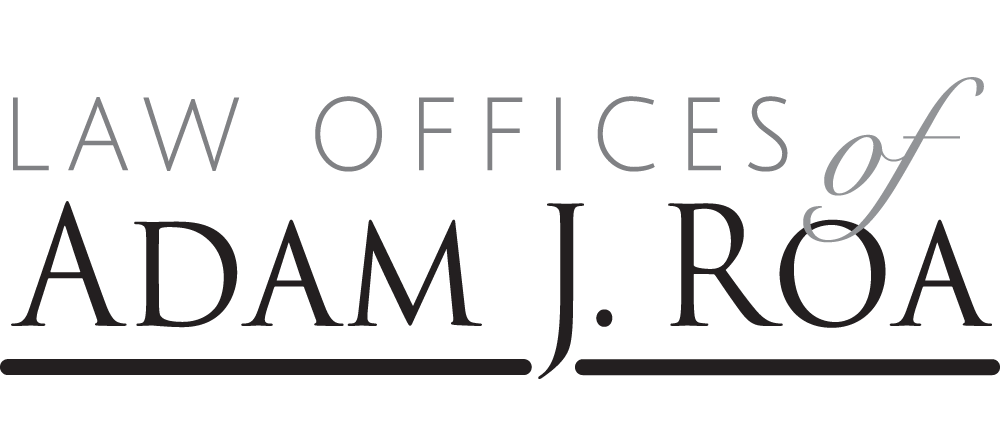Financial Power of Attorney in Maryland
The key issue with financial powers of attorney in Maryland is that if the power is not granted in the power of attorney, then it has not been granted. For example, if the power of attorney is silent regarding life insurance transactions, then you will have no right to use that power of attorney for life insurance transactions.

